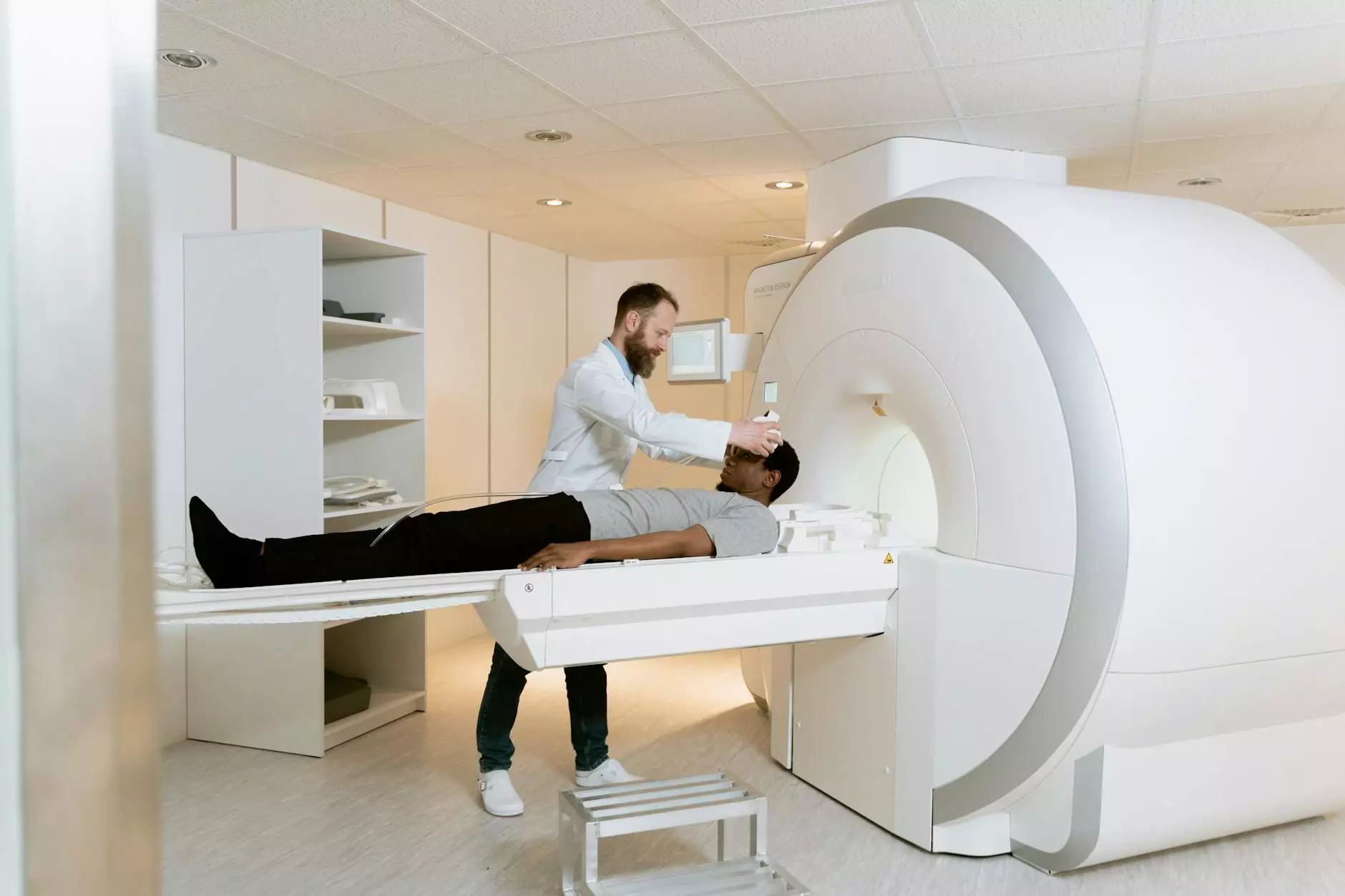The Essential Role of Pharmacies in Addiction Medicine

Pharmacies play a pivotal role in the management and treatment of addiction, especially in the context of medications like Alprazolam, commonly known as Xanax. As a provider of essential medications, pharmacies not only dispense prescription drugs but also serve as a crucial point of information and support for individuals grappling with addiction.
Understanding Addiction and Its Impact
Addiction is a complex condition, a brain disorder that is manifested by compulsive substance use despite harmful consequences. It can affect anyone and often leads to a myriad of health, social, and economic issues. Tackling addiction can require a comprehensive approach, integrating medical treatment, therapy, and ongoing support.
What is Alprazolam (Xanax)?
Alprazolam is a medication that belongs to the benzodiazepine class, prescribed primarily for anxiety and panic disorders. Its effectiveness stems from its ability to enhance the effects of a certain neurotransmitter in the brain, which helps to promote relaxation and reduce the intensity of anxiety symptoms.
However, Xanax can also lead to dependence and should be used responsibly. This is where pharmacies play a vital role in patient education and monitoring.
The Role of Pharmacies in Addiction Medicine
1. Dispensing Medications Responsibly
Pharmacists are trained to dispense medications, including https://alprazolam-xanax.com, with a focus on safety and efficacy. They are responsible for ensuring that the prescriptions they fill are accurate and appropriate for the patient's needs.
2. Patient Education and Counseling
One of the most significant contributions of pharmacies to addiction medicine is the emphasis on patient education. Pharmacists advise patients on proper medication usage, potential side effects, and the risks associated with misuse or dependence. This guidance is crucial in preventing the escalation of addiction.
3. Monitoring and Follow-Up
Pharmacies also monitor patients through refill requests and medication reviews. This ongoing oversight allows them to identify potential misuse or dependency issues early on. Pharmacists often collaborate with healthcare providers to ensure comprehensive care for patients battling addiction.
Combating the Stigma Surrounding Addiction
Stigma remains a significant barrier to treatment for many individuals facing addiction. Pharmacies can help mitigate this stigma through awareness programs and community outreach. By normalizing discussions about addiction and treatment options, pharmacies can foster a more supportive environment for recovery.
Support Resources Available at Pharmacies
Many pharmacies offer resources to assist patients dealing with addiction. These may include:
- Information brochures on addiction and available treatments
- Referral services to addiction specialists and counselors
- Support groups that meet in store or online
- Workshops and seminars focused on medication management and recovery strategies
The Future of Pharmacies and Addiction Medicine
The landscape of addiction medicine is constantly evolving. As the understanding of mental health and addiction deepens, pharmacists are well-positioned to take on a larger role in addiction treatment. Ongoing education and training for pharmacists in addiction medicine will be essential to adapt to new challenges and treatment modalities.
The Integration of Technology
Technology is transforming the way pharmacies operate. Telepharmacy, digital health records, and mobile health apps are making it easier for pharmacists to provide ongoing support and advice to patients. These technologies can help remind patients to take medications, track their usage, and communicate any problems with their pharmacy staff.
Conclusion
In conclusion, pharmacies serve as a vital ally in the battle against addiction. Through responsible medication dispensing, patient education, and community support, they contribute to a more empathetic and effective approach to addiction medicine. Encouraging responsible use of medications like Alprazolam while offering understanding and guidance can significantly impact the lives of those seeking recovery.
For more information on pharmacies and addiction medicine, including medication management resources, visit alprazolam-xanax.com.









